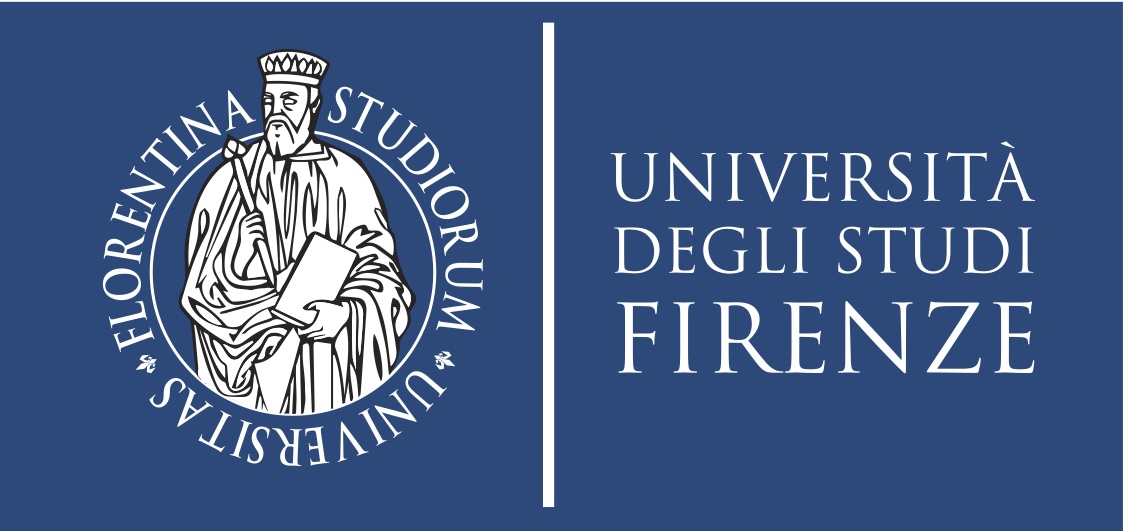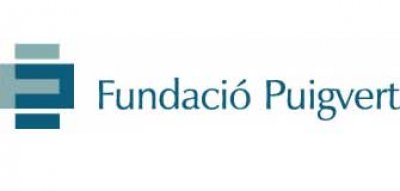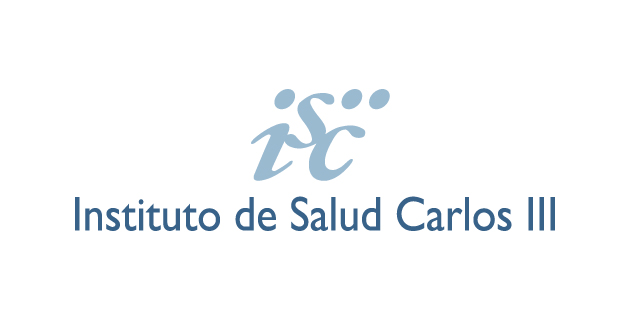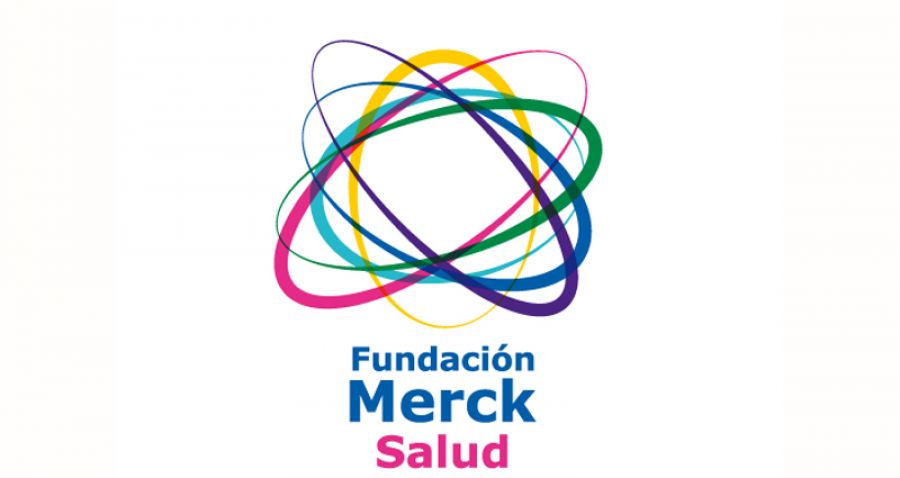
Member Details
Csilla Gabriella Krausz
Professor in Endocrinology
University of Florence
Viale Pieraccini, 6
50139, Florence, Italy
Telephone: +39 055/2758421
E-mail: csilla.krausz@unifi.it
University of Florence:
Fundació Puigvert:
AOUC Hospital:
Former Team Members
WORKING GROUP: Clinics (Co-LEAD)
Improvement of and setting standards for clinical phenotyping, building structures to collect well-phenotyped patient groups, e.g. based on testicular histology.


Prof. Krausz leads two research groups (University of Florence, Italy and Fundacio Puigvert in Barcelona, Catalonia, Spain) with longstanding expertise in molecular genetics of different pathological conditions affecting males (spermatogenic disturbances, cryptorchidism, testis cancer, central hypogonadism). Her team combines clinical andrology with translational research. The laboratory lead several multicentre studies aimed at defining the role of Y chromosome rearrangements/haplogroups and a number of autosomal/X-linked genetic risk factors in relationship with male infertility and cryptorchidism.
During the last 3 years, research has been mainly focusing on exome analyses in highly selected NOA patients and in familial cases of testis cancer (patient-parent trios). Exome analysis in SCOS patients has allowed the identification of a high-risk group (based on testis histology and blood analysis) for occult Fanconi Anemia (FA). This finding has major clinical relevance since FA is a cancer-prone disease (Krausz, Riera-Escamilla et al Genetics in Medicine, 2018). The Krausz lab has discovered 7 novel genes for spermatogenic arrest (Riera-Escamilla et al Hum Reprod 2019; Krausz, Riera-Escamilla et al Genetics in Medicine 2020) associated with negative testis biopsy outcome. Five of the 7 genes have been validated in independent study populations, increasing their clinical relevance.
The recently performed whole X-chromosome sequencing allowed the identification of recurrent X-linked genetic factors in NOA with potential diagnostic relevance. In addition to the exome studies, the team is currently performing molecular studies aimed at evaluating the effect of cytotoxic treatments on sperm genome and epigenome in patients affected by testis cancer and haematological malignancies. The Florence laboratory is a reference lab for EMQN for the analysis of AZF deletions and Prof Krausz is the first author of the EAA/EMQN Guidelines on Y chromosome microdeletion analysis (Krausz et al Andrology. 2014;2(1):5-19).
Prof. Krausz is a clinical andrologist (specialized in endocrinology) and obtained her PhD in Human Genetics (Pasteur Institute/Université Paris VII). Prof Krausz was the PI of the Florence Unit of the “Reprotrain” Marie Curie Network supported by the EU (2012 -2016). She has started a collaboration with the Andrology Department of Fundacio Puigvert in 2008 and since than the two laboratories are sharing all clinical and molecular data. The team participates at the GEMINI project.
Publications
Riera-Escamilla A, Vockel M, Nagirnaja L, et al (2021) Large-scale analyses of the X chromosome in 2,354 infertile men discover recurrently affected genes associated with spermatogenic failure. Am J Hum Genet.
Houston BJ, Riera-Escamilla A, Wyrwoll MJ, et al (2021) A systematic review of the validated monogenic causes of human male infertility: 2020 update and a discussion of emerging gene-disease relationships. Hum Reprod Update.
Krausz C & Cioppi F. (2021) Genetic Factors of Non-Obstructive Azoospermia: Consequences on Patients’ and Offspring Health. J Clin Med.
Cioppi F, Rosta V, Krausz C (2021) Genetics of Azoospermia. Int J Mol Sci.
Capalbo A, Poli M, Riera-Escamilla A, et al (2021) Preconception genome medicine: current state and future perspectives to improve infertility diagnosis and reproductive and health outcomes based on individual genomic data. Hum Reprod Update
Krausz C, Riera-Escamilla A, Moreno-Mendoza D, et al (2020) Genetic dissection of spermatogenic arrest through exome analysis: clinical implications for the management of azoospermic men. Genet Med.
Vockel M, Riera-Escamilla A, Tüttelmann F, Krausz C (2019) The X chromosome and male infertility. Hum Genet.
Krausz C, Riera-Escamilla A (2019) Monogenic Forms of Male Infertility. pp 341–366
Cioppi F, Casamonti E, Krausz C (2019) Age-Dependent De Novo Mutations During Spermatogenesis and Their Consequences. pp 29–46
Riera-Escamilla A, Enguita-Marruedo A, Moreno-Mendoza D, et al (2019) Sequencing of a ‘mouse azoospermia’ gene panel in azoospermic men: identification of RNF212 and STAG3 mutations as novel genetic causes of meiotic arrest. Hum Reprod 34:978–988.
Moreno-Mendoza D, Casamonti E, Paoli D, et al (2019) gr/gr deletion predisposes to testicular germ cell tumour independently from altered spermatogenesis: results from the largest European study. Eur J Hum Genet 27:1578–1588.
Cioppi F, Riera‐Escamilla A, Manilall A, et al (2019) Genetics of ncHH: from a peculiar inheritance of a novel GNRHR mutation to a comprehensive review of the literature. Andrology 7:88–101.
Krausz C, Riera-Escamilla A, Chianese C, et al (2019) From exome analysis in idiopathic azoospermia to the identification of a high-risk subgroup for occult Fanconi anemia. Genet Med 21:189–194.
Krausz C, Riera-Escamilla A (2018) Genetics of male infertility. Nat Rev Urol 15:369–384.
Krausz C, Cioppi F, Riera-Escamilla A (2018) Testing for genetic contributions to infertility: potential clinical impact. Expert Rev Mol Diagn 18:331–346.
Kumar K, Lewis S, Vinci S, et al (2018) Evaluation of sperm DNA quality in men presenting with testicular cancer and lymphoma using alkaline and neutral Comet assays. Andrology 6:230–235.
Krausz C, Casamonti E (2017) Spermatogenic failure and the Y chromosome. Hum Genet 136:637–655.
Tournaye H, Krausz C, Oates RD (2017) Novel concepts in the aetiology of male reproductive impairment. Lancet Diabetes Endocrinol 5:544–553.
Vaszkó T, Papp J, Krausz C, et al (2016) Discrimination of Deletion and Duplication Subtypes of the Deleted in Azoospermia Gene Family in the Context of Frequent Interloci Gene Conversion. PLoS One 11:e0163936.
Krausz C, Escamilla AR, Chianese C (2015) Genetics of male infertility: from research to clinic. REPRODUCTION 150:R159–R174.
Chianese C, Fino MG, Riera Escamilla A, et al (2015) Comprehensive investigation in patients affected by sperm macrocephaly and globozoospermia. Andrology 3:203–212.
Chianese C, Gunning AC, Giachini C, et al (2014) X Chromosome-Linked CNVs in Male Infertility: Discovery of Overall Duplication Load and Recurrent, Patient-Specific Gains with Potential Clinical Relevance. PLoS One 9:e97746.
Krausz C, Hoefsloot L, Simoni M, Tüttelmann F (2014) EAA/EMQN best practice guidelines for molecular diagnosis of Y‐chromosomal microdeletions: state‐of‐the‐art 2013. Andrology 2:5–19.
Lo Giacco D, Chianese C, Ars E, et al (2014) Recurrent X chromosome-linked deletions: discovery of new genetic factors in male infertility. J Med Genet 51:340–344.
Krausz C, Giachini C, Lo Giacco D, et al (2012) High Resolution X Chromosome-Specific Array-CGH Detects New CNVs in Infertile Males. PLoS One 7:e44887.
Krausz C, Sandoval J, Sayols S, et al (2012) Novel Insights into DNA Methylation Features in Spermatozoa: Stability and Peculiarities. PLoS One 7:e44479.
Giachini C, Nuti F, Turner DJ, et al (2009) TSPY1 Copy Number Variation Influences Spermatogenesis and Shows Differences among Y Lineages. J Clin Endocrinol Metab 94:4016–4022.
Tyler-Smith C, Krausz C (2009) The Will-o’-the-Wisp of Genetics — Hunting for the Azoospermia Factor Gene. N Engl J Med 360:925–927.
Giachini C, Laface I, Guarducci E, et al (2008) Partial AZFc deletions and duplications: clinical correlates in the Italian population. Hum Genet 124:399–410.
Krausz C, Degl’Innocenti S, Nuti F, et al (2006) Natural transmission of USP9Y gene mutations: a new perspective on the role of AZFa genes in male fertility. Hum Mol Genet 15:2673–2681.
Krausz C (2001) Identification of a Y chromosome haplogroup associated with reduced sperm counts. Hum Mol Genet 10:1873–1877.



|
– Fondazione Ente Cassa di Risparmio di Firenze, 2020 – PRIN 2019 (Progetti di Rilevante Interesse Nazionale) Project with relevant national interest; Italian Ministry of Instruction, University and Research (MIUR) – Spanish Ministry of Health, Instituto Carlos III (FIS/FEDER PI17/01822 and PI20/01562) – Fundación Merck Salud (Ayudas Merck de Investigación 2017 en el área de Investigación Clínica en Fertilidad) – European Commission, Reproductive Biology Early Research Training (REPROTRAIN, EU-FP7-PEOPLE-2011-ITN289880) |
